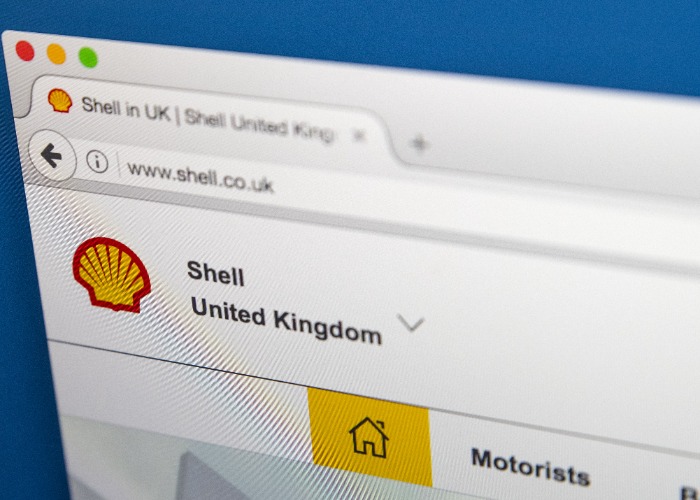Shell to sell energy and broadband business ‒ what it means for you

Shell confirms it is looking for a buyer for its broadband and energy business.
As many as two million Shell energy and broadband customers could be switched to a new supplier, after Shell confirmed it is looking to sell these aspects of its business.
Shell supplies energy to around 1.4 million homes in the UK, while it has around 500,000 broadband customers.
The firm revealed that it had carried out a review of its various activities over the last five months, as a result of the “tough market conditions”, and determined that it was time to sell off its retail energy and broadband arms.
So what does this mean for you if you’re a Shell customer?
Don’t do anything… yet
The first thing to emphasise here is that no sale has actually been agreed yet.
While there have been reports that the likes of Octopus Energy and Ovo are interested in purchasing Shell’s energy business, there is no deal in place at the moment.
This means that, for the time being at least, the terms of your deal with Shell ‒ whether for energy, broadband or both ‒ still apply.
While Shell has said that it aims to sell both arms of its business to the same buyer, there is no guarantee of that happening, so we will have to wait for further updates from Shell.
What will happen to Shell Energy customers after a sale?
Most Shell Energy customers will be on variable tariffs at the moment, as is the case for the vast majority of households with other suppliers.
As a result, even if the energy arm is sold, there is not a lot that the new owner can do in terms of what it charges.
That’s because these tariffs are protected currently by the energy price guarantee, and from July, the lower level of the energy price cap.
These measures act as a limit on what suppliers can charge households for their energy use, so even if another supplier takes over the Shell customer base, in all likelihood the bills will look rather similar.
That said, the fact that the price of wholesale energy has fallen pretty consistently in recent months is a cause for optimism.
It may be that we are reaching a stage where suppliers can once again compete for our custom based on price, and feel confident enough to start launching fixed rate tariffs at prices below the energy price cap.
As and when that happens, the plus point for Shell customers ‒ and indeed any household on a variable tariff ‒ is that you will be able to switch your supply over without needing to pay any exit fees.
It’s also worth remembering that there is protection in place when it comes to energy supplies, which ensure that individual households are never left without a supplier even if the firm goes bust.
When that happens, Ofgem ‒ the energy regulator ‒ appoints a new supplier to take over the customers from the supplier which has gone out of business.
Indeed, it was that process which meant I myself am a Shell customer, after my previous supplier collapsed.
|
PROMOTION
|
||
|
What will happen to Shell broadband customers after a sale?
Again, this will depend on the sort of deal you’re on, though the chances of being in a fixed contract is rather higher when it comes to broadband than energy.
If you are in the midst of a contract, then switching will incur some form of exit fee.
As a result, it’s generally better to hold off until the end of your contract before moving.
Should a sale go through while you are still under contract, then the new provider will have to notify you of any changes made to the terms of your deal.
If those changes are not to your benefit ‒ and let’s face it, they probably wouldn’t be ‒ then you would be able to leave fee-free.
If you are out of contract then there are no exit fees to worry about, meaning you can switch supplier whenever you choose, irrespective of who buys Shell.
Shell has been a consistently poor performer when it comes to complaints and service standards on broadband.
According to Ofcom data, in the final quarter of last year, it attracted 27 complaints per 100,000 customers, way ahead of the next worst performer, Vodafone, on 19.
Meanwhile, Sky garnered just five complaints per 100,000 customers.
The regulator said that these complaints were mainly driven by customers’ experience with faults, service and provisioning.
Check out our guide to the best and worst broadband providers.
Comments
Be the first to comment
Do you want to comment on this article? You need to be signed in for this feature
